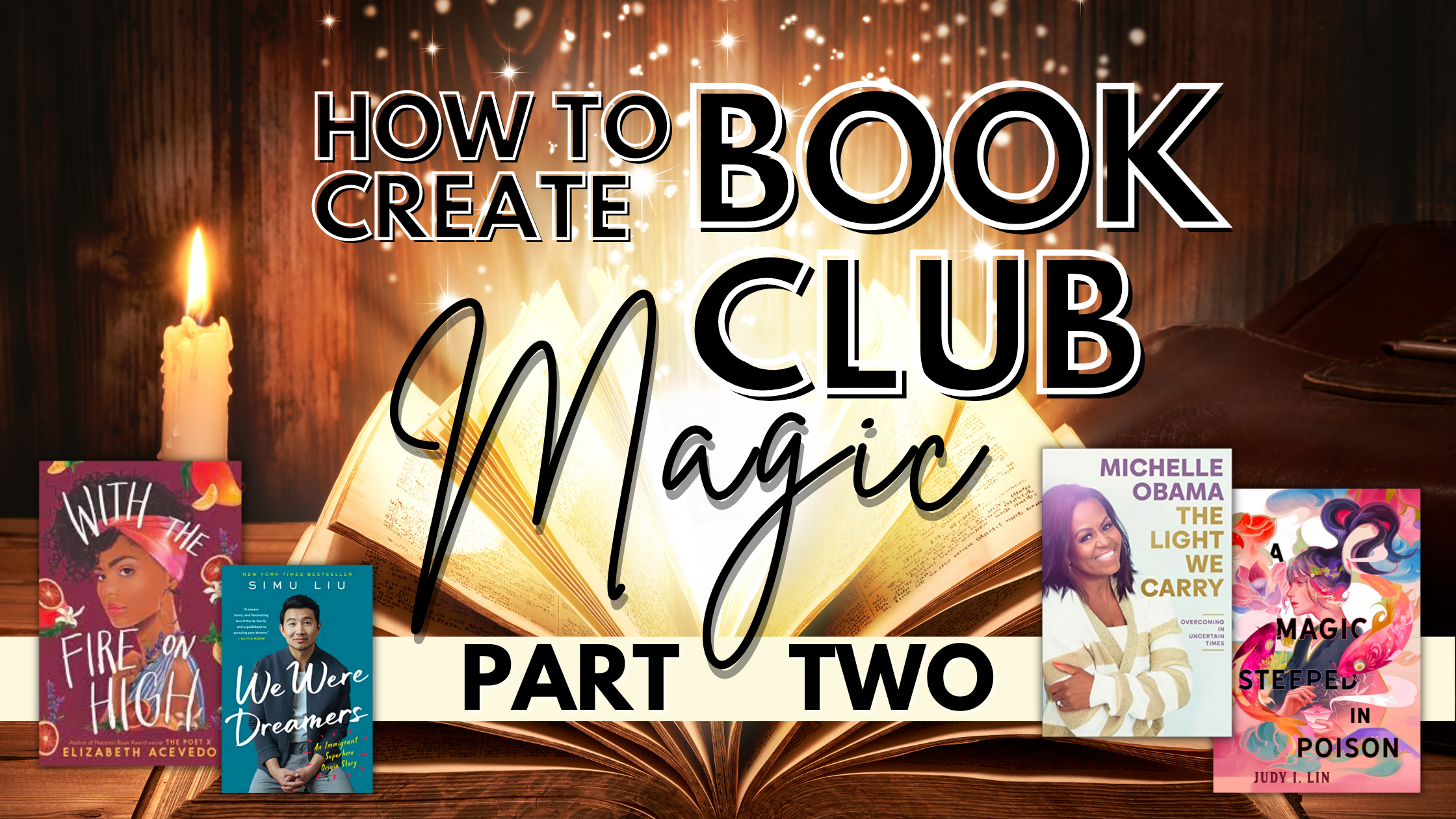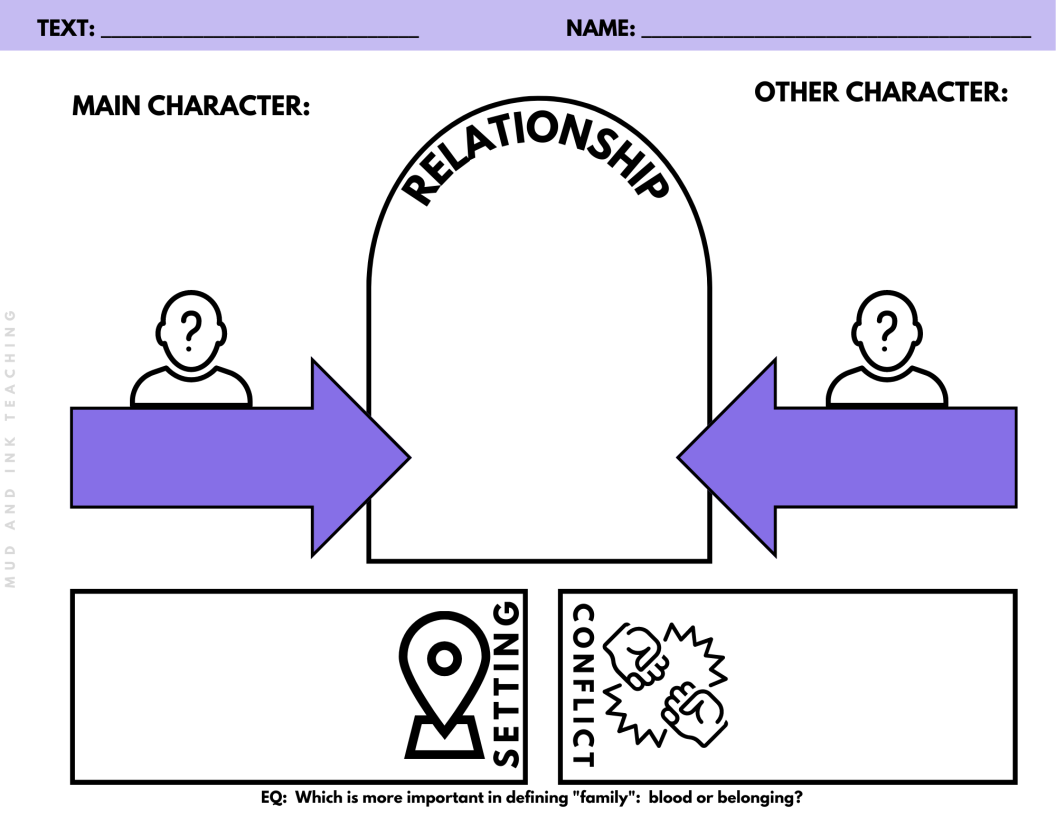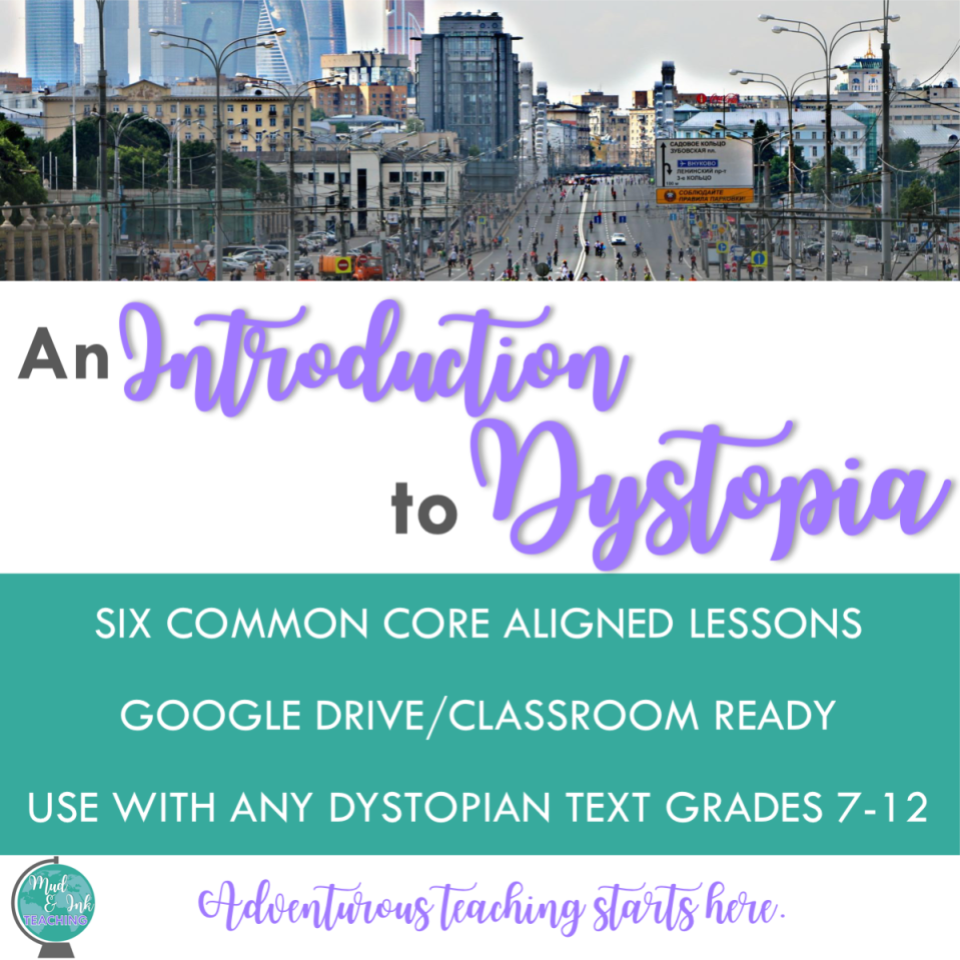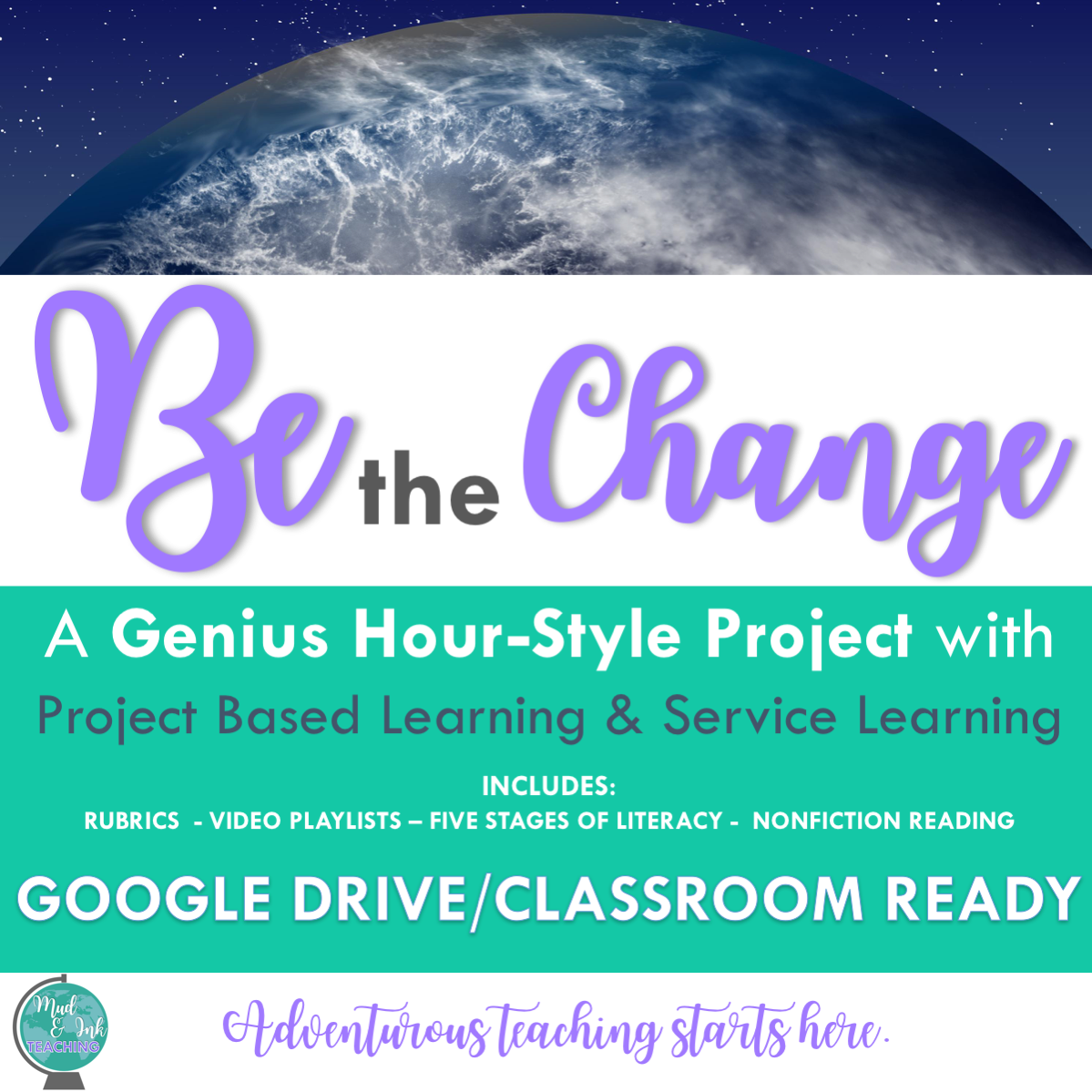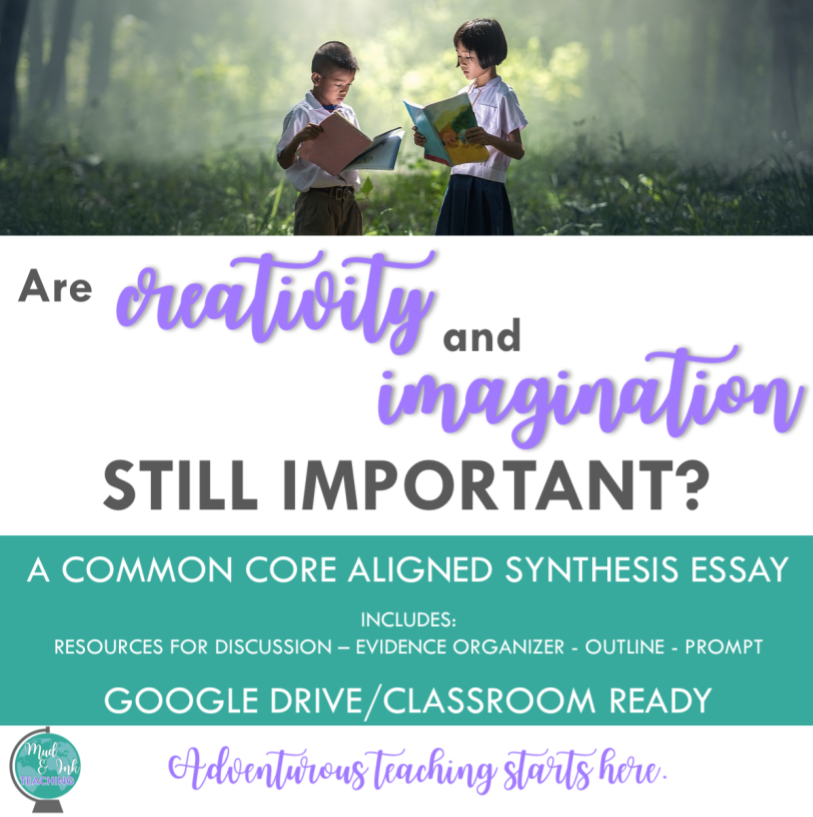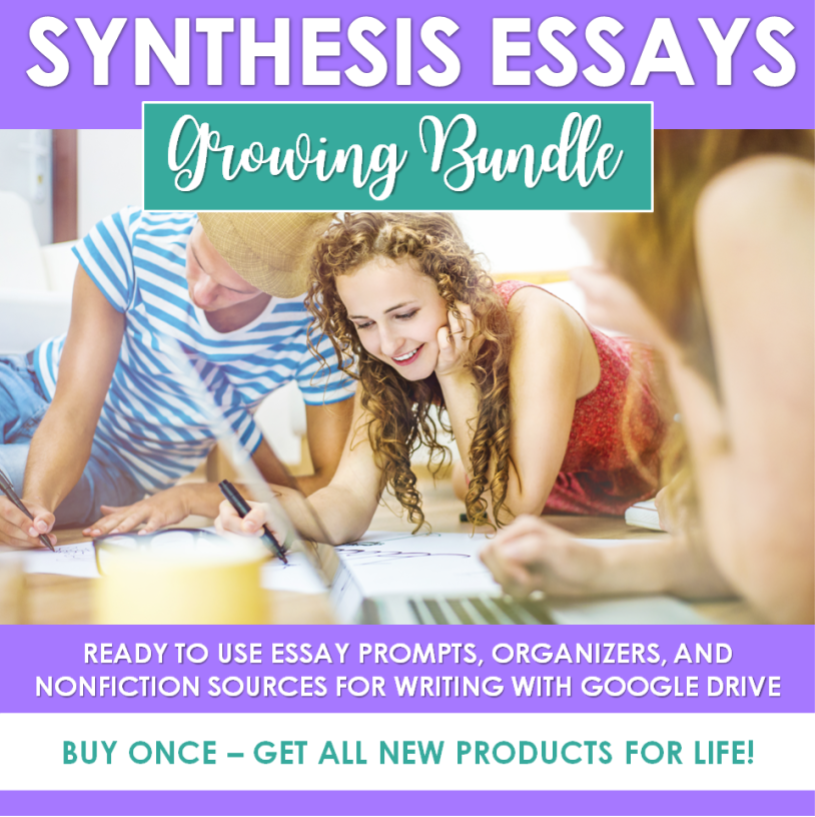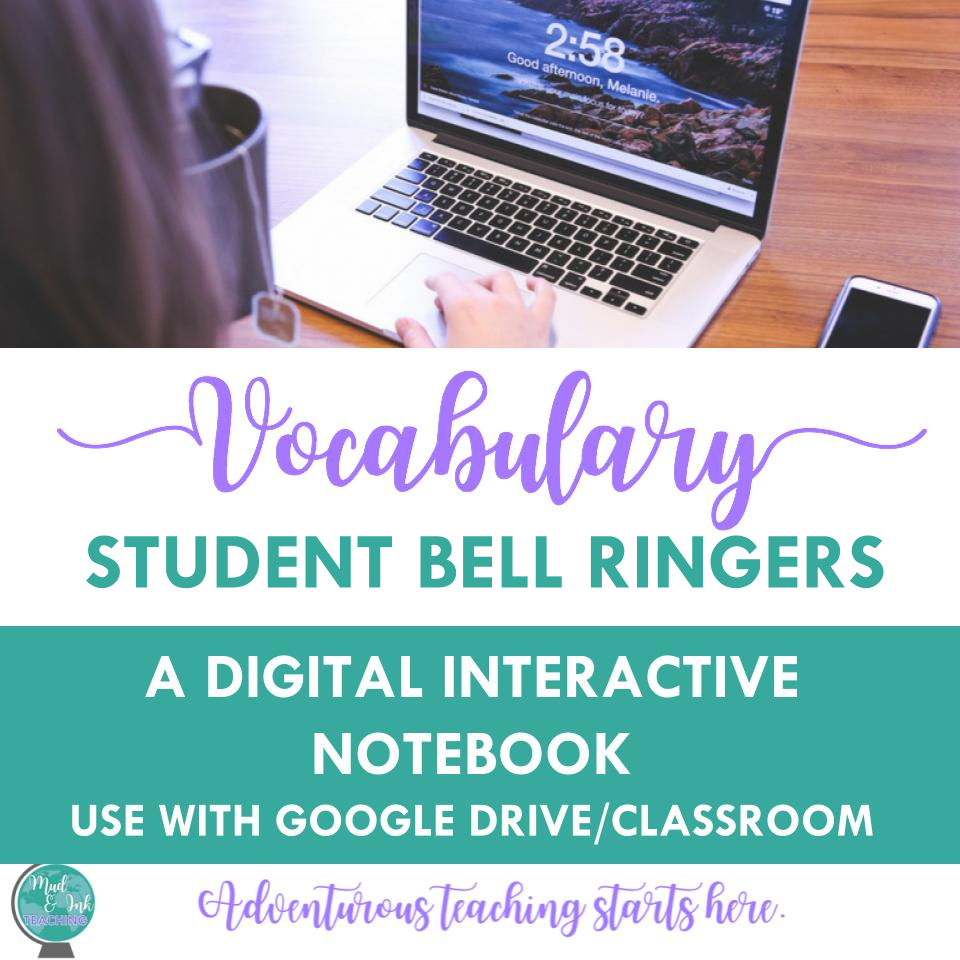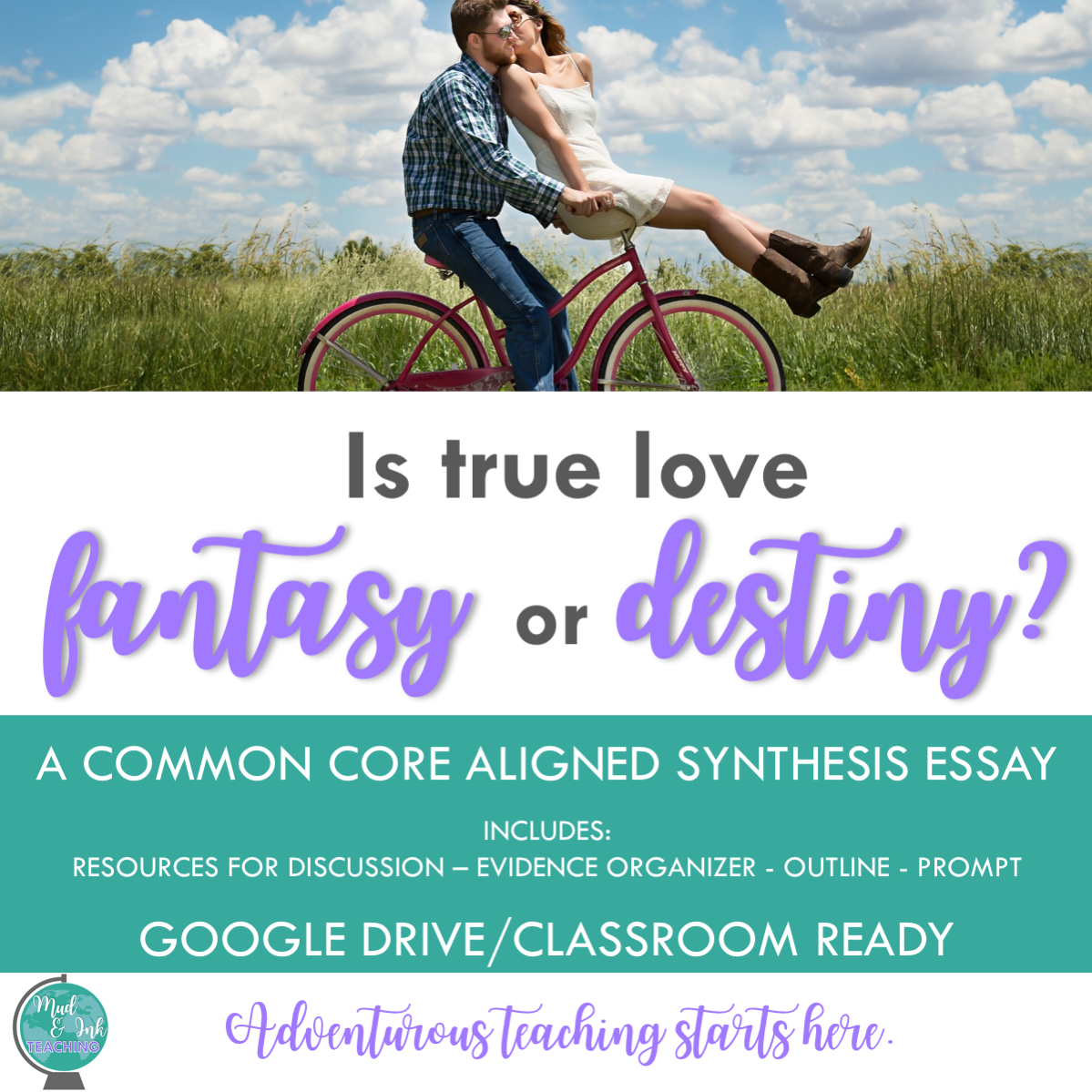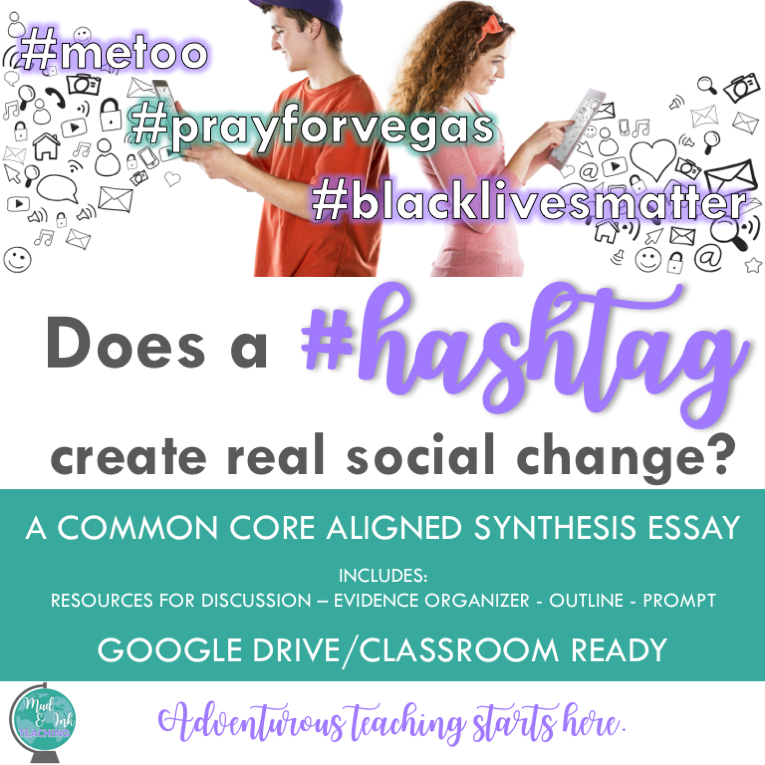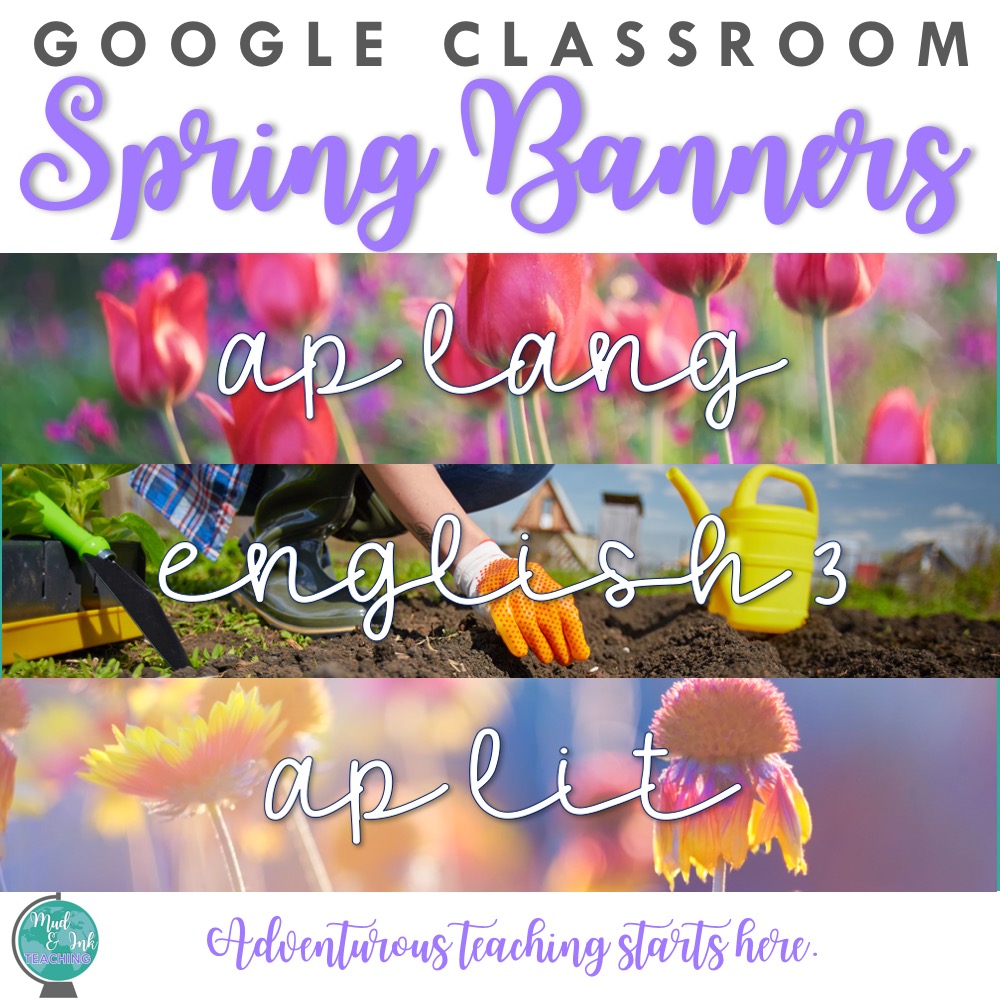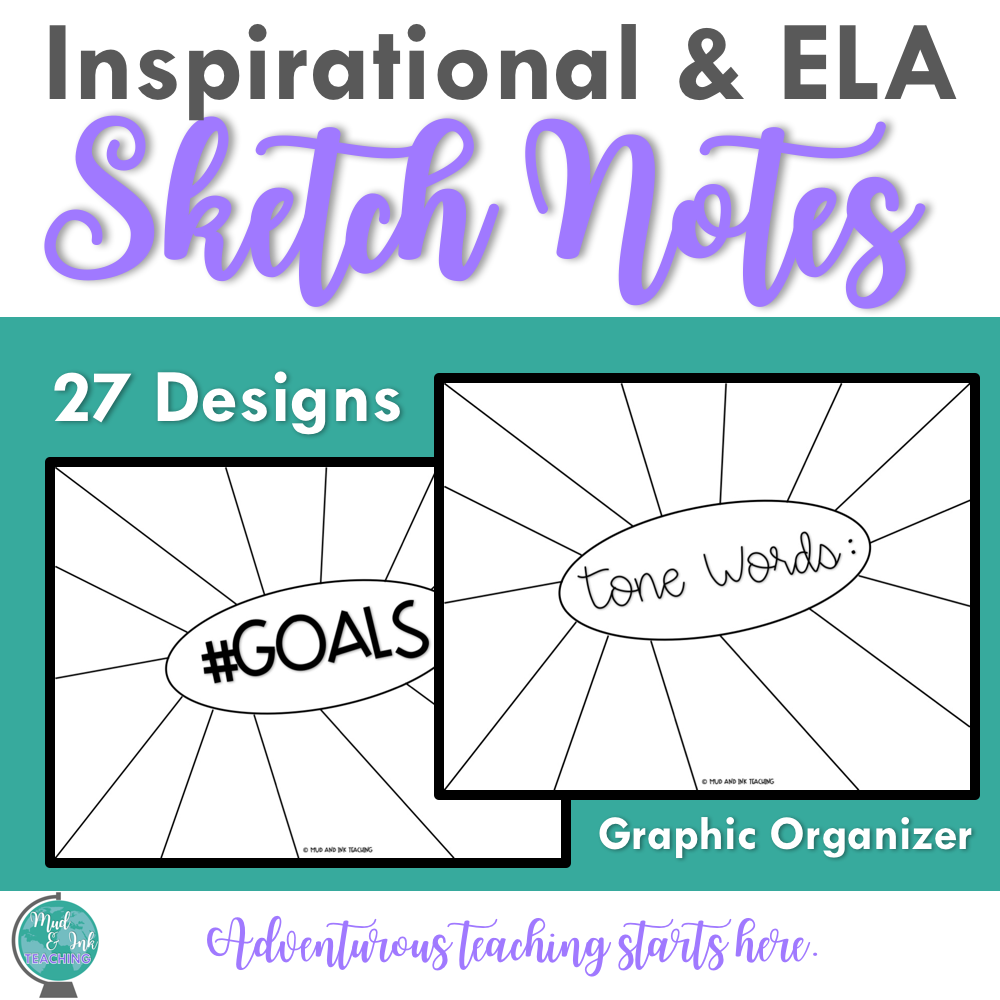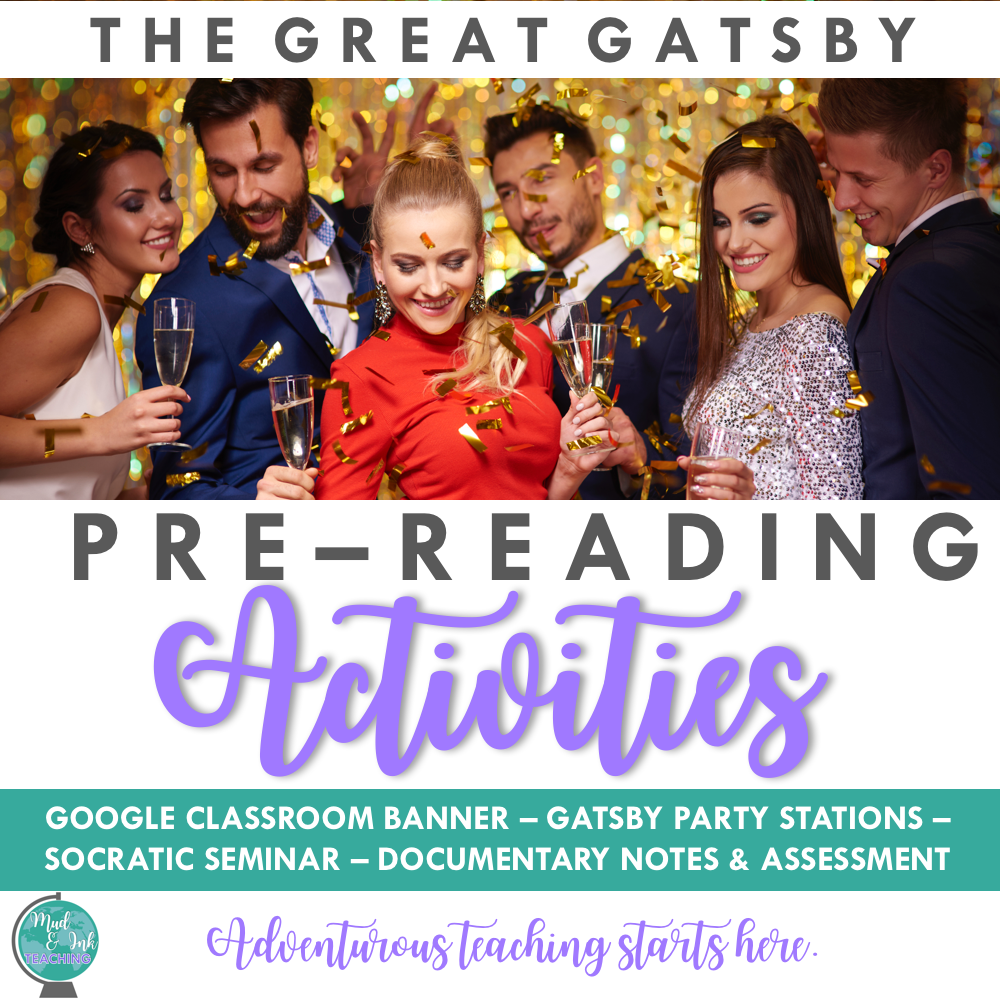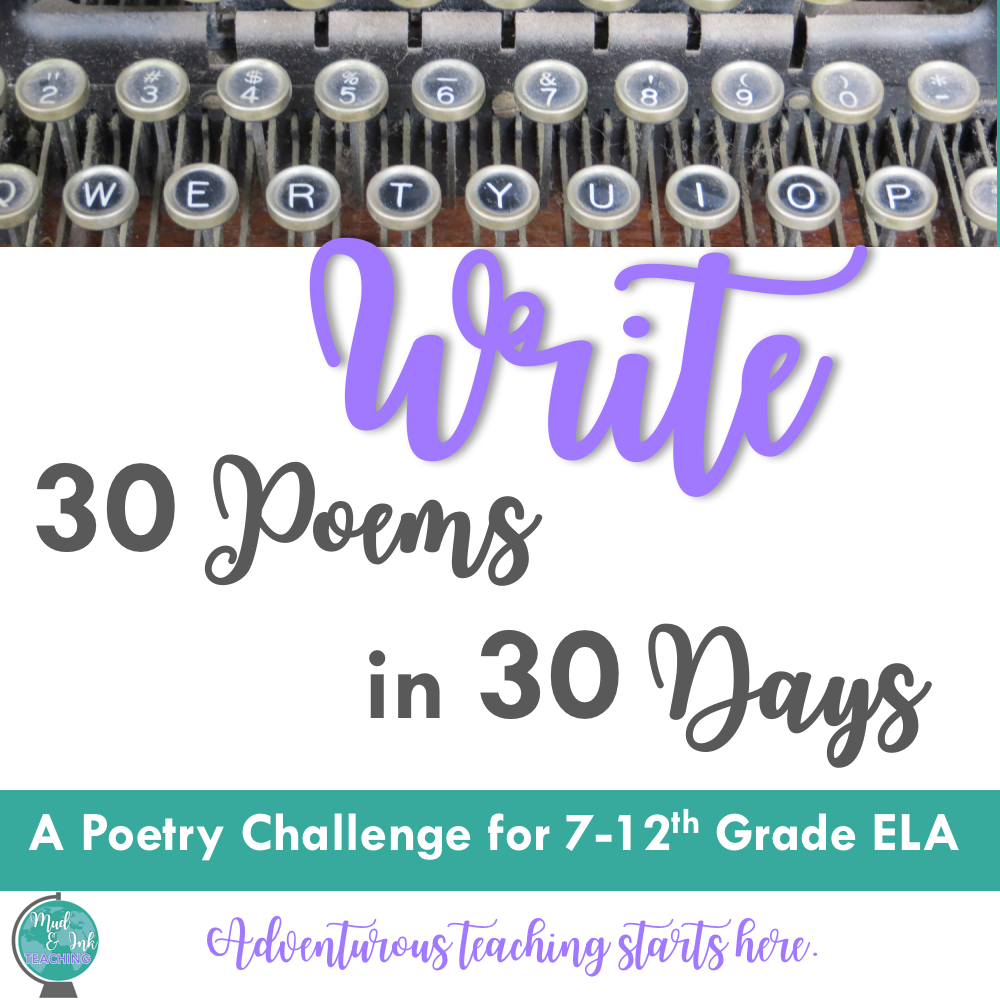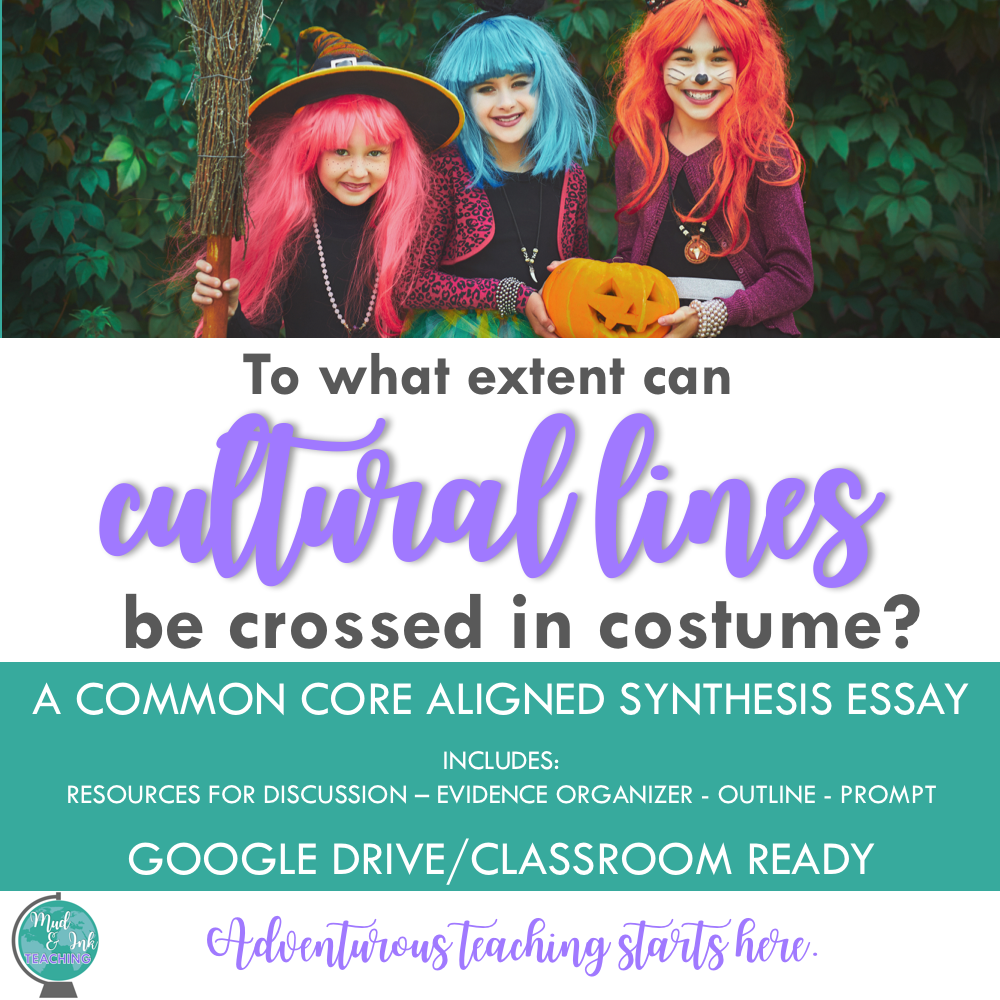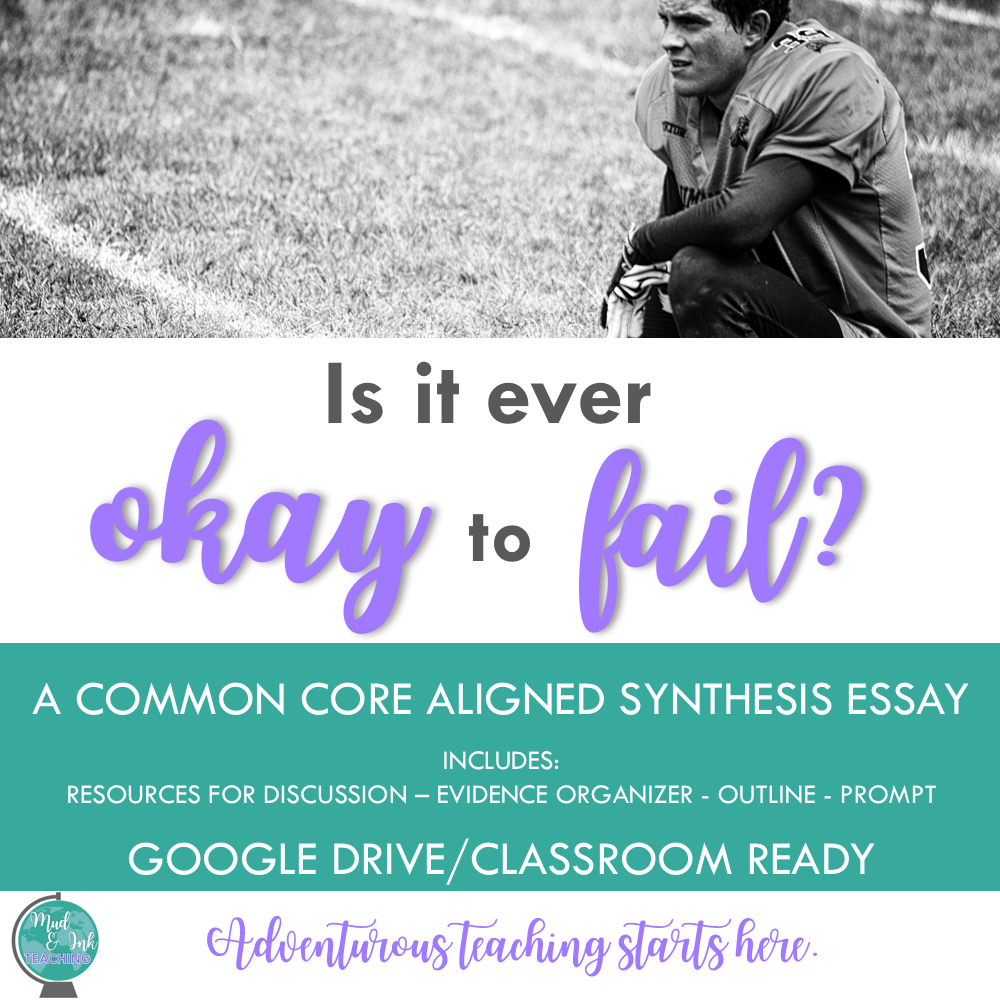How to Create Book Club Magic Using Essential Questions {Part Two}
Lackluster literature circles? Boring book clubs? The remedy: lose traditional “role” sheets, declare freedom from organization by topic or genre, and build essential question-focused literature circles or book clubs instead. An EQ as the throughline for your lit circle/book club unit kicks up the impact that comes from having kids talk about what they read in a way that just does not happen with any other method.
This is the second blog post in a series dedicated to this kind of magic. Make sure you catch Part One when you finish reading here!
REASON # 3 – BUILD COMMUNITIES WITHIN A COMMUNITY
Lit circles like “real” life book clubs
One of the great things about lit circles and book clubs is how they build communities within your larger classroom community.
In “real” life, we join book clubs to find community – to have a social outlet where we share a common interest. And even though lit circles have always had a cooperative learning element built in by design, using an EQ focus takes it beyond a learning strategy.
First, kids choose their book in a more authentic way, so regardless of how well they might know other students in their group, they have an immediate connection.
Second, like in “real life” book clubs where discussion is not dictated by a “role” but with genuine questions, connections, and a desire to understand, an EQ provides a touchpoint for question creation and passage selection. It also offers a way for groups to come back to center and ground discussions if focus waivers.
The work with supplementals and text pairings also offers students opportunities to build community as they try to make connections and develop understanding between texts, looking at “big” ideas through different lenses. Jigsawing between groups is a community builder, and EQs offer more opportunities for this because the text is not centered.
An EQ offers the opportunity for students to easily connect digitally. With no shortage of apps for virtual meetings, book groups can even be created between classes, providing alternative ways to foster and develop community.
As students share their thinking and debate and consider one another’s ideas, whether it is within their “home” lit circle or during a jigsaw, they learn from each other. They consider new perspectives. They lean on each other to understand and analyze the texts they read, creating a sense of belonging at a different level.
CHECK OUT AMANDA’S FAVORITE BOOKS TO USE IN An AMERICAN DREAM EQ UNIT:
REASON #4 – EASE OF ASSESSMENT
EQ = lit circle/book club assessment special sauce
How to assess students and what to assess them on is an often-cited source of frustration. You are not alone if you’ve worried about any/all of the following:
What if I haven’t read all the books?
How do I keep them accountable individually? As a group?
How do I know if they are reading?
Should there be a group assessment?
Projects? Writing?
But when your book clubs or lit circles are EQ-focused, they are skills-based, not text specific. And an EQ and backwards planning – knowing what your summative will be at the beginning of the unit – develops students’ skills throughout the unit so they can find success.
The focus of assessment, simply put, is to answer the essential question using whatever texts they encounter throughout the unit whether it is their novel, pairings or supplementals. Depending on your skills focus – developing interpretive-level questions, providing strong evidence to support thinking/writing/speaking, connecting concepts across multiple texts, paragraph writing – the summative could be:
a student-run Socratic with student-developed questions
a podcast
an analytical paragraph or essay
a synthesis essay
a one-pager
Throughout the unit, individual and small group check-ins could include:
written reflections
creating discussion questions and choosing passages for each meeting
write-arounds
hexagonal thinking activities
choice-board activities
and Sesame Street quizzes
that focus on the skills students need to practice as they work toward their summative.
EQ-focused book clubs and lit circles, like other EQ-based units, prioritize understandings about life that are bigger than the text/novel alone, making assessment more authentic and simpler to plan using backwards design.
CONCLUSION
EQ-focused lit circles or book clubs, by design, create an authentic, choice and skill-based, rigorous shared reading experience that your students will benefit from and you will enjoy guiding.
What have your experiences with book clubs/lit circles been like as a secondary English teacher? What questions do you have about EQs, backwards design, or EQ Adventure Packs? Let me know in the comments!
Curious about how the thought process goes into an EQ unit? Listen in here to get a feel for how I break down this EQ and the levels of complexity available to teachers and students with just this one question: Why do relationships matter?
Believe it or not, there are even MORE reasons to lean into an EQ-centered appraoch to lit circles, and there’s a PART ONE to this blog series! Did you miss it?
